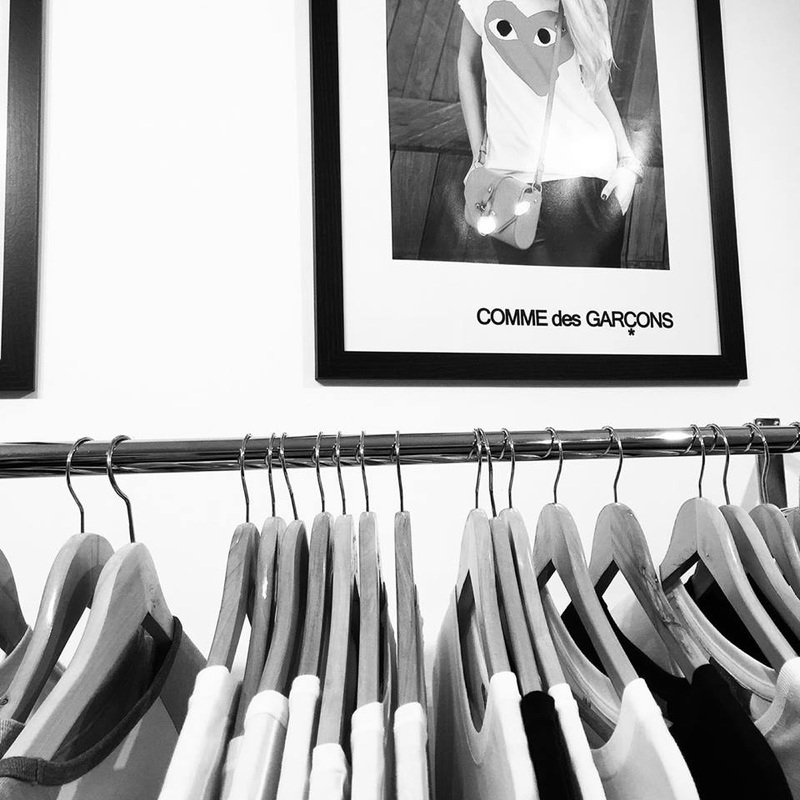“Pick a window you’re leaving.”
“Do you like hospital food?”
“Are you calling my pint a puff?”
Fortunately we’ve not all had a proper kicking in our time, but this year a damn good thrashing is available to all, as day to day living in the UK becomes a rather large boot in the financials.
Every time we get a domestic fuel bill we look again at the address expecting to see: FAO The Head Stoker, Engine Room, The Titanic.
Our car tax and insurance is due, and for that price we gaze longingly out of the window expecting to see a Bugatti Veyron — instead our driveway is sporting the new Hyundai Pimple, resplendent in dog doo brown. It has all the speed of a Sunday morning fart, but still costs eighty notes to fill the tank. And it goes without saying that your grocery bill will be as high as Mrs Walton’s on the week that both Grandpa and Jim Bob came down with worms.
Your eldest daughter is taking up the trombone, your handsome son in spite of not knowing where Manchester is, requires another football strip, and it’s the law that you must have a foreign holiday. So you give two grand to the owner of El Dungos Hotel for two weeks on a building site, and the pleasure of watching Mario gawping at your wife’s fun bags…….take your Barclaycard bill and a bottle of Grappa into the bathroom…..and cry.
Everything else is going up like a fifty quid firework, so it’s time for us to sit down and look at our break evens and selling prices. In production industries like ours, perhaps one of the hardest factors in the equation is calculating the time taken and so cost to do a job.
Prior to the fragmentation of the garment industry, large factories so understood the importance off this that they would often have at least one full time accountant, constantly sniffing his way up and down the production line. Usually in a long black leather trench coat, with small round spectacles, a stick and a slight limp,
Herr Timeundmotion would analyse every minute, every stitch, every cost and every mistake. In doing so he exactly calculated the selling price required, and kept Lord Textiles in tweeds and Bentleys. But for most of us, busy making the tea with your left hand, printing with your right, phones on each ear and a sweeping brush lashed to your todger, this level of financial analysis is just not affordable. So what do we do?
Now this whole subject is not going to be easy for me. As my old maths teacher Dai Phillips said: “Stephenson, you are to basic arithmetic what Bernard Manning was to the triple jump.” Sports fans among you may remember that Dai also represented Wales in the 1968 Mexico Olympics, in the board rubber throwing events — this all brings back bad memories. For those of you who do find maths enjoyable though and can do this stuff, by all means clear off and spot a train.
I sat down with my accountant, and posed him the problem — we need to explain in pub speak how to work out a selling price. An hour and a half passed, and what sounded like “Variable, fixed, profit fixed, break even, fixed overhead cost divided by labour cost… bongo bongo bongo…” but I pulled him back to this: “You need thirty grand a year to avoid scurvy and rickets (before you pay any tax or national insurance). That’s 577 quid a week.
You’ve got £4,333 a month in fixed costs, like rent, rates and insurance. That’s a grand a week. You’ve had an educated stab at how much your variable cost per T-shirt












